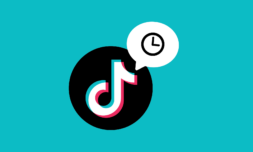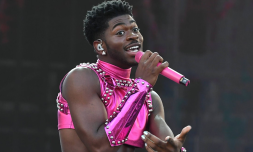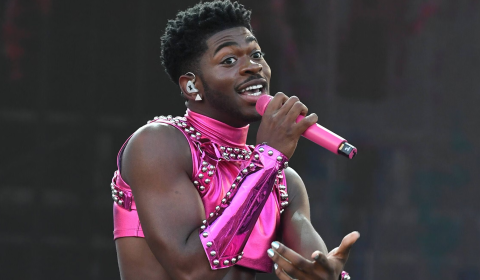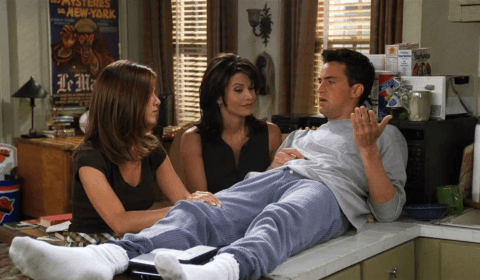A poll by an advocacy group ‘HOPE not hate’ has found that teenage boys in the UK know more about Andrew Tate than Rishi Sunak, the nation’s prime minister. What does this say about the power of social media?
Andrew Tate has become a household name over the last few years.
His unfiltered, macho-manic and highly misogynistic views have brought him to the centre of conversation in both the news and on social media.
Tate was recently arrested on charges of human trafficking, rape, and forming an organised crime group. In the lead-up to these events, the content he posted online saw him regularly framing women as men’s property, comparing them to animals and symbols of status.
Unfortunately, this type of content has found its way to young and impressionable audiences – in particular, young boys. Measuring the impact of exposure to these types of extreme right-wing ideologies has now become a focus for social welfare organisations.
A recent poll conducted by the British advocacy group HOPE not hate questioned 1,200 respondents between the age of 16 and 24 about their knowledge of famous public figures. The results are worrying, but perhaps unsurprising.
NEW: Yesterday we published shocking polling with @Independent showing more young men have consumed content from extreme misogynist Andrew Tate than have heard of the PM Rishi Sunak.
We've made a free resource on speaking to young people about Tate: https://t.co/QljESx8yuf pic.twitter.com/Dsi6tgd46a
— HOPE not hate (@hopenothate) February 17, 2023





















